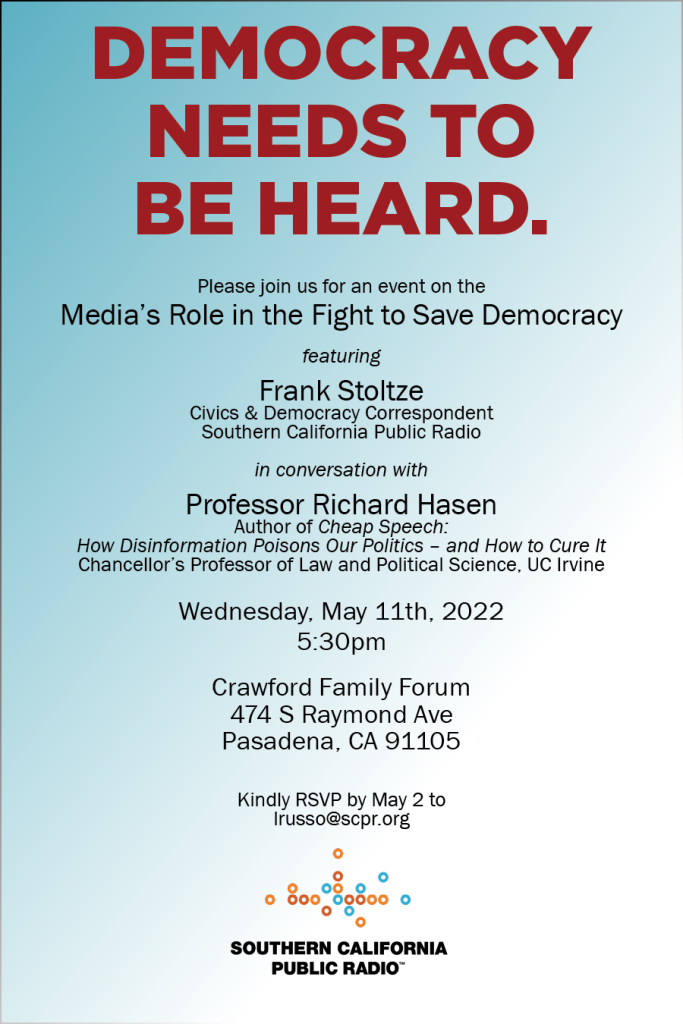In the wake of New York’s redistricting decision this week, Washington Post columnist Henry Olsen urges Congress to reach a bipartisan agreement to end gerrymandering and offers three ways to do that. All three deserve attention, and I suspect that for something to pass Congress it would need to embrace a federalism-based approach by which states could choose from a menu of options (like Olsen’s three anti-gerrymandering alternatives) to achieve a congressionally-determined objective.
But here I want to highlight the third of Olsen’s three proposals: invoking Switzerland as “model” for how to “elect House members by proportional representation.” I can’t recall a comparably prominent conservative voice promoting so forcefully the idea of using PR in the US. Am I forgetting something similar?
As Olsen indicates, Congress could jump-start state-based experimentation with PR for congressional seats simply by repealing its statutory (not constitutionally required) single-member district requirement. Given Senator Mitch McConnnell’s aversion to imposing new congressional mandates on states even for the conduct of congressional elections, pursuit of proportional representation could be advanced by doing the opposite: removing a congressional constraint that already exists. McConnell ought to be in favor of giving states the option of using PR for their congressional delegation, if that’s what states prefer. I can imagine Ohio, after its current redistricting debacle, becoming the first state to explore this way to avoid being a national embarrassment again.
Thus, is there a deal to be had among congressional Republicans and Democrats to repeal the single-seat district requirement and give states the freedom to experiment with PR? I would expect a deal like this might be more attractive to Democrats when they consider what the Supreme Court might decide in the pending Alabama redistricting case. If the Court adopts the argument advanced by Alabama in its recently filed merits brief, it’s not going to be constitutionally permissible for Congress to enact a revised Voting Rights Act that would enable single-member districts to be drawn to enhance the relative voting power for racial minority groups (comparable to what minority voting power would exist in districts drawn without consideration of race). The only constitutionally permissible way to pursue proportional political power for minority voters would be through a race-neutral across-the-board system of proportional representation, in which minority voters would be able to elect candidates and parties of their choice in proportion to their numbers in the state’s whole electorate.
Repealing the single-member district requirement would require some measure to prevent a state, whether Alabama or any other, from simply electing all its congressional seats in at-large first-past-the-post statewide elections, which obviously would not be proportional representation and would cause severe minority vote dilution. But a new Act of Congress that permitted states to abandon single-member districts if they adopted a Swiss-style, or some other, form of statewide proportional representation for their congressional delegation? That might be the best way to protect minority voting power, as well as avoiding gerrymandering, given the current Supreme Court and the need for bipartisan compromise for anything to pass Congress.
In light of Olsen’s column, is pursuing this kind of bipartisan deal worth further exploration?
